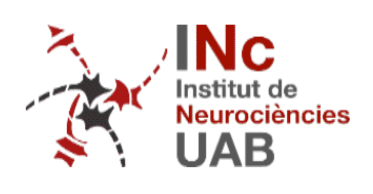ACS Nano, 2021, 15 (4), 7357-7369
Nanoparticle-enabled enrichment of longitudinal blood proteomic fingerprints in Alzheimer’s disease
Blood-circulating biomarkers have the potential to detect Alzheimer’s disease (AD) pathology before clinical symptoms emerge and to improve the outcomes of clinical trials for disease-modifying therapies. Despite recent advances in understanding concomitant systemic abnormalities, there are currently no validated or clinically used blood-based biomarkers for AD. The extremely low concentration of neurodegeneration-associated proteins in blood, necessitates the development of novel analytical platforms to address the ‘signal-to-noise’ issue and to allow an in-depth analysis of the plasma proteome. Here, we aimed to discover and longitudinally track alterations of the blood proteome in a transgenic mouse model of AD, using a nanoparticle-based proteomics enrichment approach. We employed blood-circulating, lipid-based nanoparticles to extract, analyse and monitor AD-specific protein signatures and to systemically uncover molecular pathways associated with AD progression. Our data revealed the existence of multiple proteomic signals in blood, indicative of the asymptomatic stages of AD. Comprehensive analysis of the nanoparticle-recovered blood proteome by label-free liquid chromatography-tandem mass spectrometry (LC-MS/MS), resulted in the discovery of AD-monitoring signatures that could discriminate the asymptomatic phase from amyloidopathy and cognitive deterioration. While the majority of differentially abundant plasma proteins were found to be upregulated at the initial asymptomatic stages, the abundance of these molecules was significantly reduced as a result of amyloidosis, suggesting a disease stage-dependent fluctuation of the AD-specific blood proteome. The potential use of the proposed nano-omics approach to uncover information in the blood that is directly associated with brain neurodegeneration was further exemplified by the recovery of focal adhesion cascade proteins. We herein propose the integration of nanotechnology with already existing proteomic analytical tools in order to enrich the identification of blood-circulating signals of neurodegeneration, reinvigorating the potential clinical utility of the blood proteome at predicting the onset and kinetics of the AD progression trajectory.








